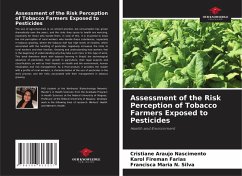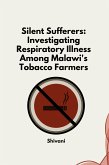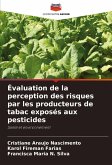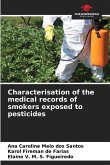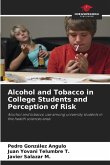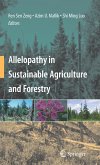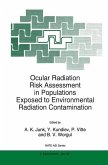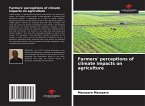The use of agrochemicals is an ancient practice, but consumption has grown dramatically over the years, and the risks they cause to health are worrying, especially for those who handle them. In view of this, it is essential to know the risk perception of rural workers who handle these substances, especially in tobacco growing, where the tobacco leaf has high levels of nicotine, which associated with the handling of pesticides negatively increases the risks to rural workers and their families. Knowing and understanding how workers feel is the beginning of understanding why they take such risks in this type of work. This book therefore deals with tobacco farming in Brazil; the technological advances of pesticides; their growth in agriculture, their legal aspects and classification; as well as their impacts on health and the environment, human intoxication and risk management. As a final product, it provides the reader with a profile of rural workers, a characterization of the use of pesticides in the work process and the risks associated with their management in tobacco growing.
Bitte wählen Sie Ihr Anliegen aus.
Rechnungen
Retourenschein anfordern
Bestellstatus
Storno

